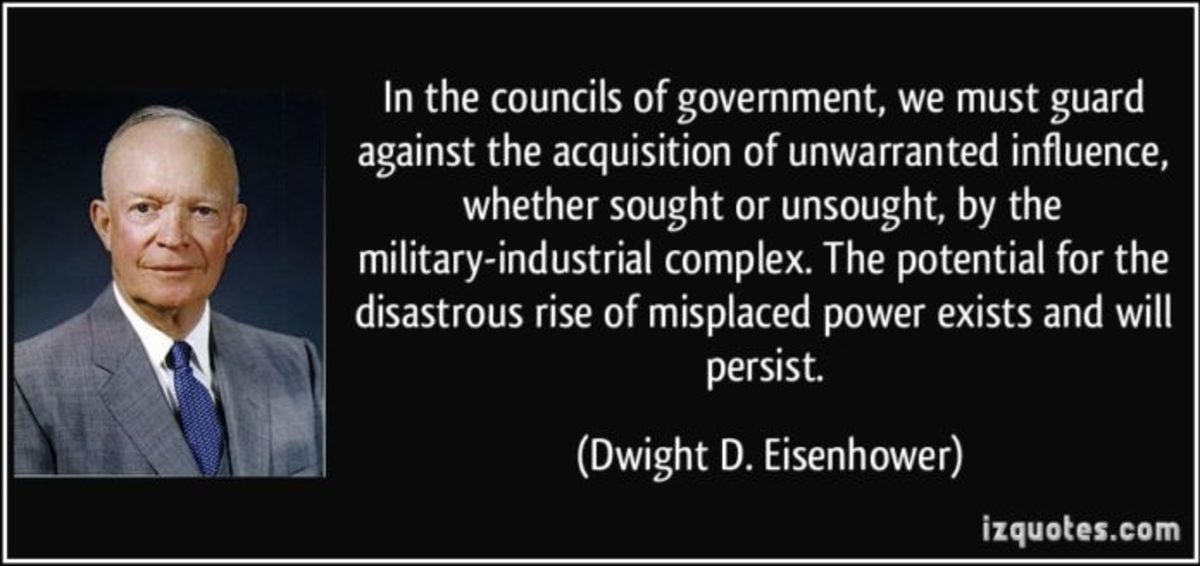The Deep State: Myth, Reality, or a Bit of Both?
The term “Deep State” evokes shadowy images of unelected bureaucrats pulling strings behind the scenes, beyond the reach of voters, presidents, or the Constitution. For some, it’s a dangerous conspiracy theory used to delegitimize legitimate institutions. For others, it’s a shorthand for something real and troubling: the persistent, unaccountable influence of entrenched power—governmental and corporate—regardless of who’s elected. So which is it? Let’s dig deeper.
What Is the Deep State, Really?
At its most basic, the Deep State refers to networks within the permanent government—the military, intelligence agencies, federal bureaucracies, and their corporate allies—that allegedly operate autonomously, or even contrary to the will of elected officials. The term has its origins in political science (notably in the context of Turkey and Pakistan), where militaries and security services have historically undermined democratic governments. In the U.S. context, it’s more controversial.
There are two broad ways to understand the Deep State:
-
The Conspiratorial Version: A cabal of intelligence officers, military leaders, and bureaucrats working behind the scenes to subvert elected leaders.
-
The Institutional Version: A self-preserving bureaucracy and ecosystem of agencies and contractors that exert consistent policy influence—regardless of who is in power—not through secret meetings, but through inertia, expertise, legal leeway, and sheer scale.
Is It Real or Just a Conspiracy Theory?
Answer: Both.
The idea of a conspiracy-minded Deep State pulling levers in smoky rooms has little evidence behind it. But the structure of a complex, massive government machine that sometimes frustrates democratic accountability is undeniably real.
Ask any president: The bureaucracy is difficult to control. The Department of Defense has a larger budget and more staff than many countries. The CIA can withhold intelligence even from its own oversight committees. Whistleblowers have described internal resistance to presidential directives. This isn’t QAnon-level cloak-and-dagger fantasy—this is systemic inertia, sometimes coupled with ideological resistance.
Is the President Not in Charge?
Legally, yes. The President is the head of the executive branch. He nominates agency heads, can issue executive orders, and has authority over the federal workforce.
Practically, not always. Once appointed, agency heads are often hemmed in by internal culture, laws, career staff, inspector generals, and congressional oversight. Moreover, presidents can’t easily remove career civil servants protected by rules and unions. A new president inherits a sprawling machine—and turning it requires more than flicking a switch.
What Agencies Get Singled Out?
In the U.S., certain departments draw more suspicion in Deep State discussions:
-
CIA / NSA / FBI – Because of secrecy, surveillance powers, and historical abuses (e.g., COINTELPRO, warrantless wiretapping).
-
Department of Defense – Because of its size, global footprint, and ties to the defense industry.
-
State Department – Occasionally accused of being ideologically entrenched.
-
Justice Department – Especially when prosecutorial decisions are seen as political.
These agencies are not rogue, but they do wield substantial power—often with minimal transparency.
How Does the Military-Industrial Complex Fit In?
Dwight D. Eisenhower coined the term “military-industrial complex” in 1961 to warn of an alignment between the armed forces, defense contractors, and politicians. This triangle fosters a cycle: lobbying for war budgets, funding think tanks, and pushing hawkish policies. The Deep State idea often overlaps with this concern: decisions that maintain military presence abroad or favor defense spending are hard to undo, regardless of public opinion or elections.
So yes, the military-industrial complex is part of the institutional Deep State—not because of secret plots, but because of structural interdependence between government and corporate power.
What About Corporate Interests More Broadly?
Here's the paradox: the biggest threats to democratic accountability may not even be “deep.” Corporate lobbyists write legislation. Campaign financing distorts priorities. Regulatory capture (when agencies serve the industries they’re meant to regulate) is rampant. All this is overt, not covert. Exxon, Amazon, Lockheed Martin, and Google don’t need to be in the shadows—they operate in full daylight.
In this sense, corporate power is a parallel force, deeply entangled with government policy but not necessarily “state.” Still, corporate influence sustains and amplifies Deep State-like dynamics, especially in sectors like surveillance tech, energy, defense, and finance.
So Who Really Governs?
Formally: Congress, the President, the courts.
Informally: A combination of:
-
Long-tenured bureaucrats
-
Intelligence communities
-
Military leaders
-
Industry lobbyists
-
Media influencers
-
Tech and defense contractors
The checks and balances exist, but they don’t always work as intended. Inertia, secrecy, and entrenched networks complicate accountability. The “Deep State,” in this sense, is not a singular conspiracy—it’s an emergent property of a massive, complex system.
Why Does This Matter?
Because it challenges assumptions about democracy. If elections don’t change certain outcomes—foreign wars, surveillance policies, Wall Street bailouts—then voters rightly ask, Who’s actually in charge? That cynicism, if left unaddressed, can be weaponized by demagogues or conspiracy theorists. But the solution is not denial—it’s reform.
Conclusion:
The Deep State is less of a puppet master and more of a bureaucratic coral reef—vast, layered, partially opaque, hard to dismantle. It's not fiction, but neither is it omnipotent. The real risk isn’t some rogue cabal—it’s a system that drifts away from democratic oversight through sheer complexity and inertia, aided by powerful corporate alliances.
Democracy doesn’t end when you vote. It requires ongoing scrutiny—not only of the visible players but of the hidden scaffolding behind them. The Deep State is real, but its cure isn’t paranoia—it’s transparency, reform, and civic vigilance.
1/
— Paramendra Kumar Bhagat (@paramendra) June 7, 2025
What is the Deep State?
Is it real? A conspiracy? Bureaucratic inertia? Corporate collusion? Military shadow power? Let’s break it down 🧵

